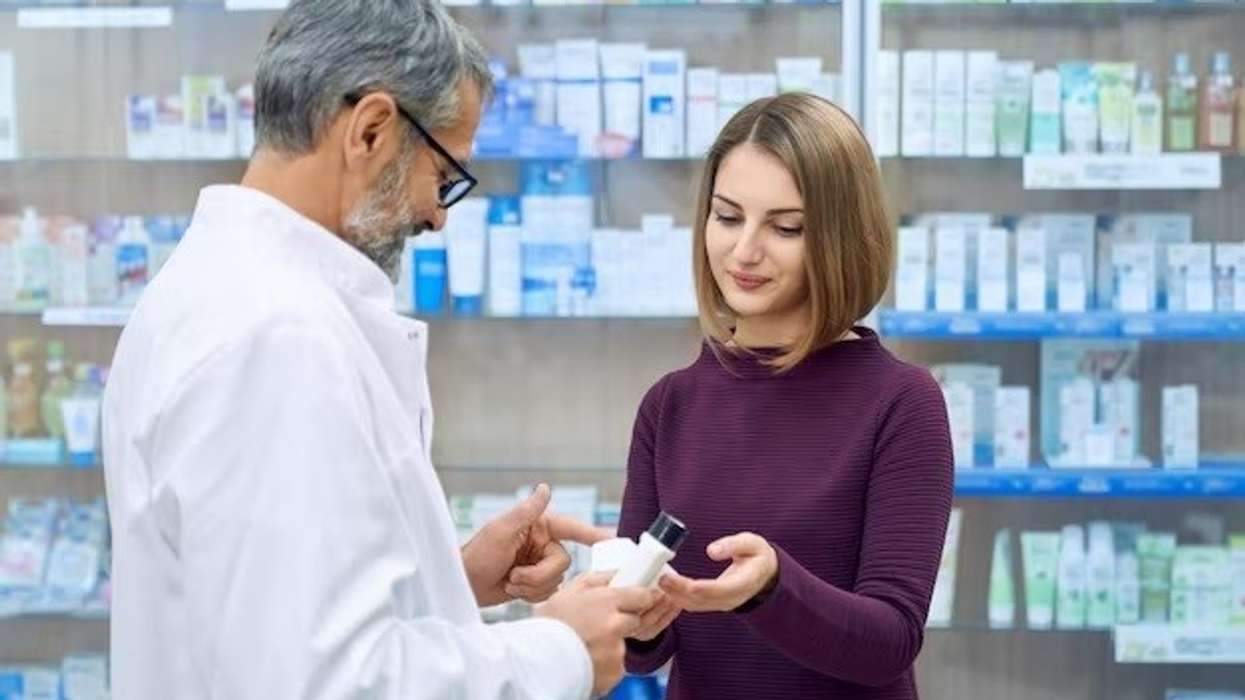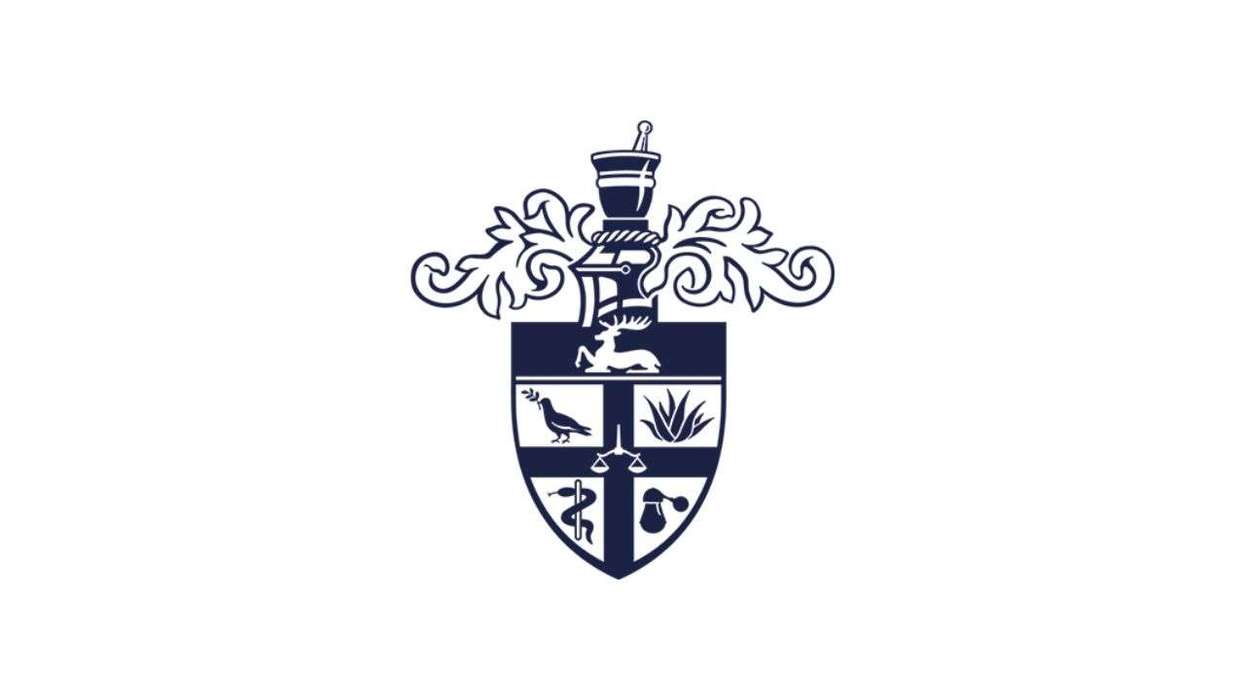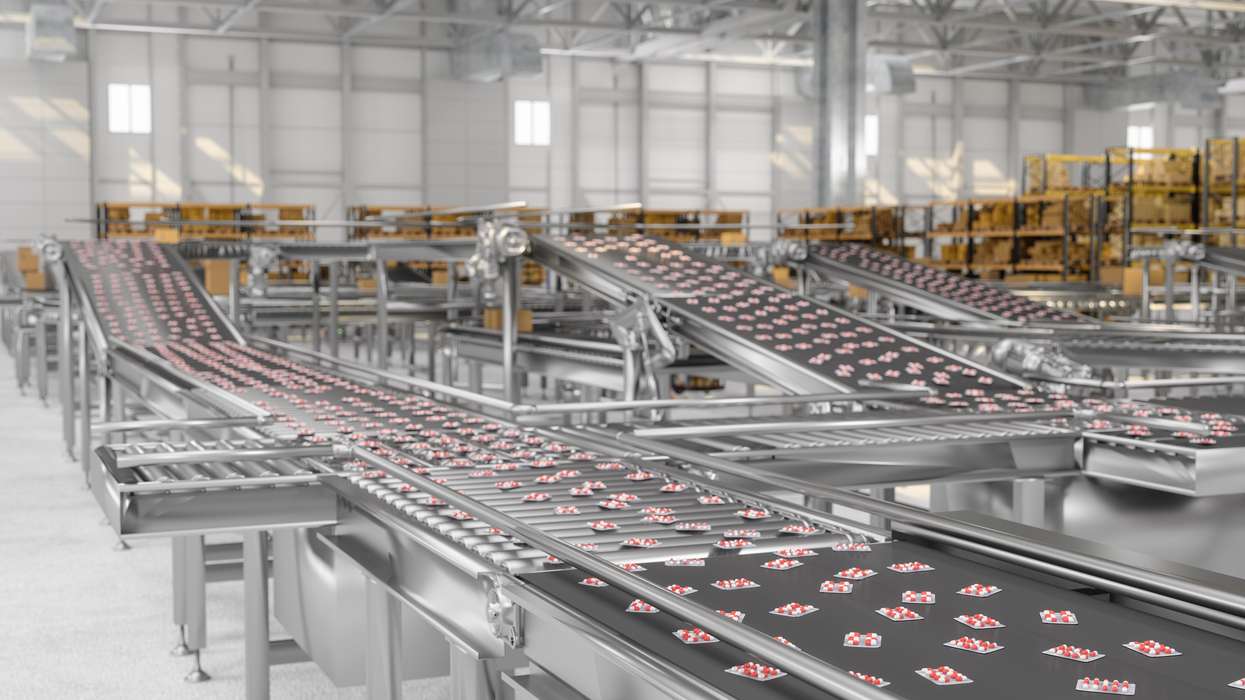The total cost to NHS commissioners for medicines, appliances and medicines devices in 2022-23 was £19.2 billion
The NHS Business Services Authority (NHSBSA) has published the latest figures for prescribing costs in primary and secondary care in England.
The total cost to NHS commissioners for the issue of medicines, appliances, and medical devices in 2022-23 is estimated to be £19.2 billion excluding central rebates, an increase of 7.99% from £17.8 billion in 2021-22.
This is the second time in two years that NHS drug costs in England have increased by this size.
Data published by the NHSBSA in November 2022 showed that the total prescribing costs rose by 8 per cent in 2021/2022 (£17.8bn) compared with 2020/2021 (£16.4bn).
After a deduction of £674m for central rebates, the total cost is estimated to be £18.5 billion.
The central rebate figure includes rebates from arrangements NHSEI have agreed with pharmaceutical companies following successful negotiations to commission a variety of treatments both in the cancer drugs fund (CDF) and in routine commissioning. This includes treatments for both rare diseases and more common conditions.
Fifty per cent of total expenditure or £9.6 billion was spent on medications prescribed in primary care and dispensed in the community.
Commenting on these latest figures, Tase Oputu, Chair of RPS England Pharmacy Board said: “Medicines are a fundamental part of our health service, saving and enhancing the lives of millions of people every year.
“These figures highlight more than ever the vital role of pharmacists in medicines optimisation, reducing overprescribing and cutting medicines waste.
“At the same time, pharmacy teams must also be enabled to continue supporting the best use of medicines for patients and not feel pressured into focusing solely on cutting costs.
“The Government and NHS must ensure that local pharmacy leaders have the time and support to develop pharmacy services, working with colleagues across the system. The latest CQC State of Care report showed that this needs additional resources and shouldn’t be an afterthought.
“Investing in pharmacy services can deliver both better outcomes for patients and better value for taxpayers.”
In 2022/23, the total cost of medicines issued in hospitals was £9.45 billion, which accounts for 49.2% of total expenditure.
The total cost to NHS commissioners for medicines prescribed in hospitals and dispensed in the community was £93.6 million.
Drugs worth £32.4 million were prescribed by dentists and dispensed in the community while the total cost for medicines prescribed and dispensed in the Adult Secure Estate was £24.9 million.
The average costs per capita when using Net Ingredient Cost (NIC) for items dispensed in the community for medicines, appliances, and medical devices prescribed in England in 2022/23 across all settings was £349, an increase from £324 in 2021/22.
At £3.26 billion, the British National Formulary (BNF) Chapter 8 – Malignant Disease and Immunosuppression had the highest spend across all settings in 2022/23, accounting for 16.4% of the total spend.
Of this spend, £3.09 billion was for medicines issued and dispensed in hospitals, as shown by the NHSBSA data.












